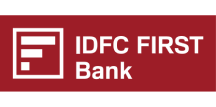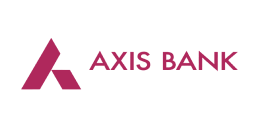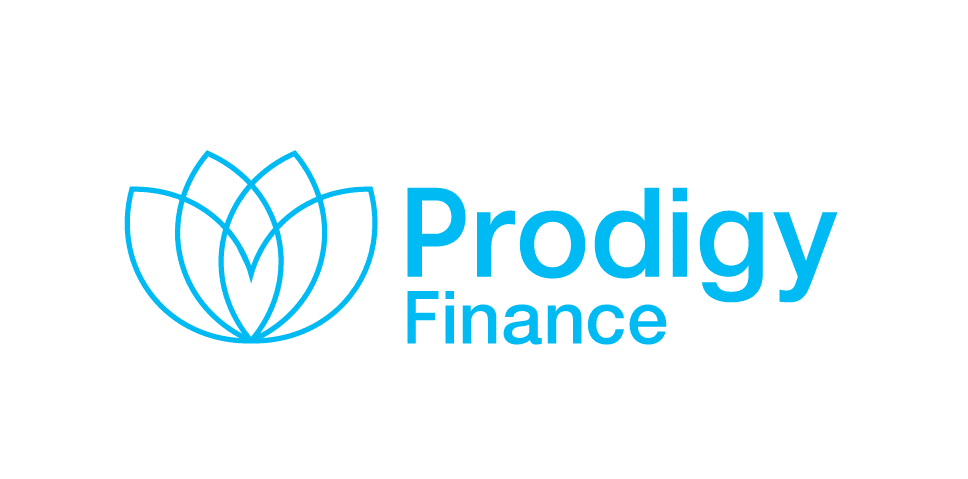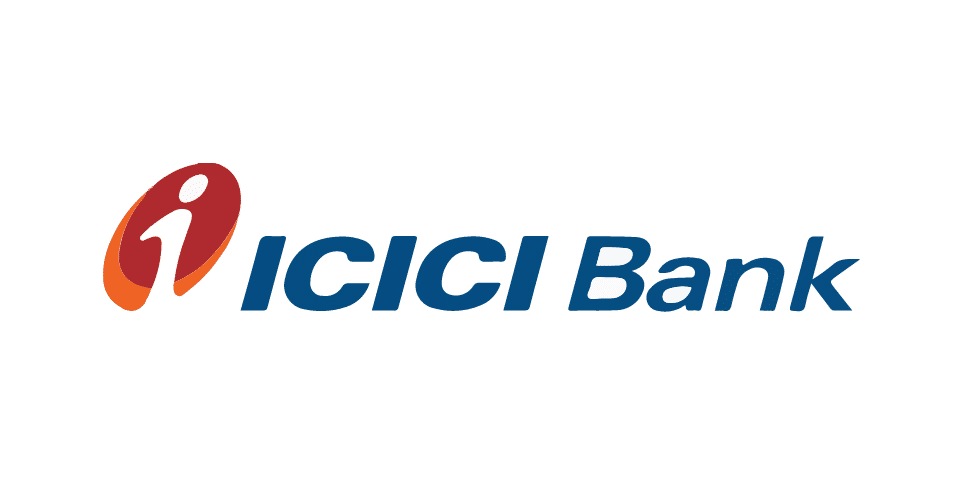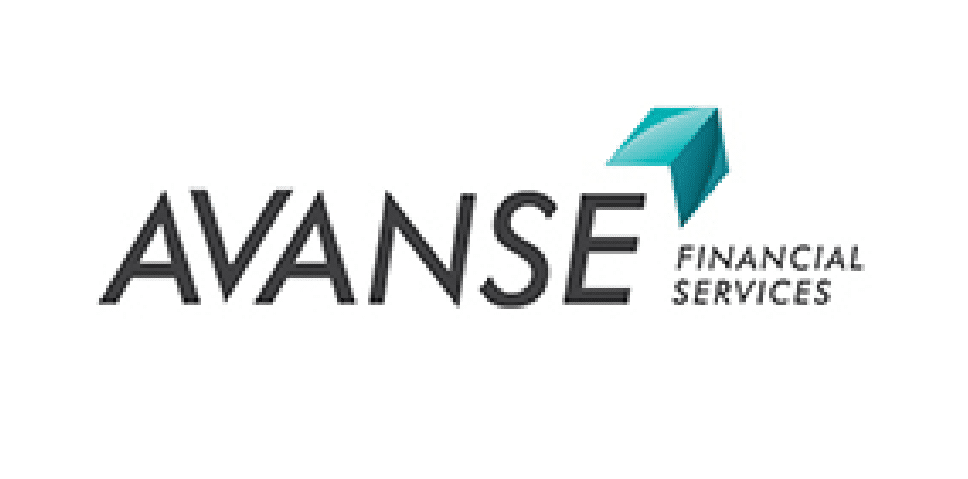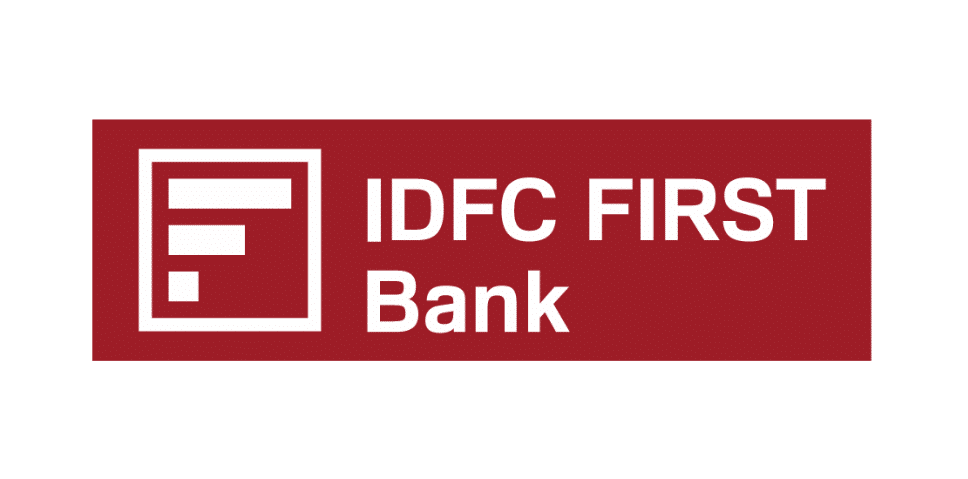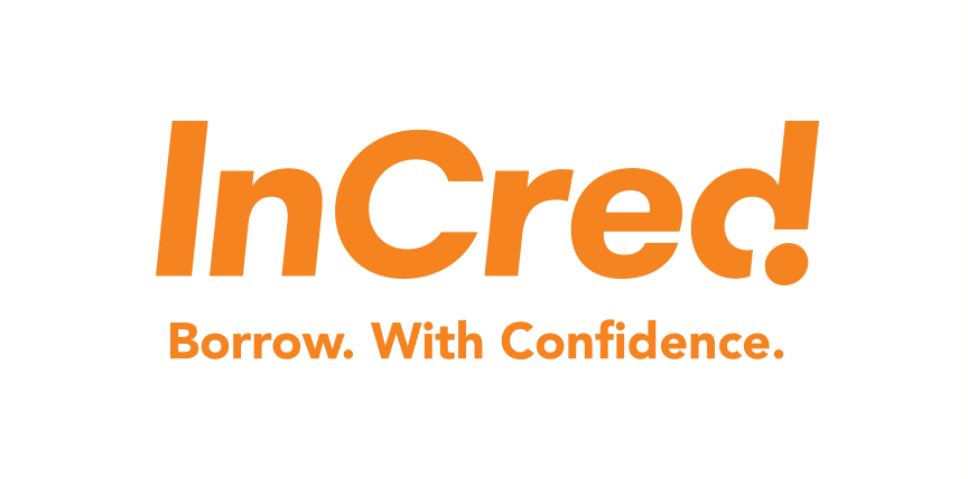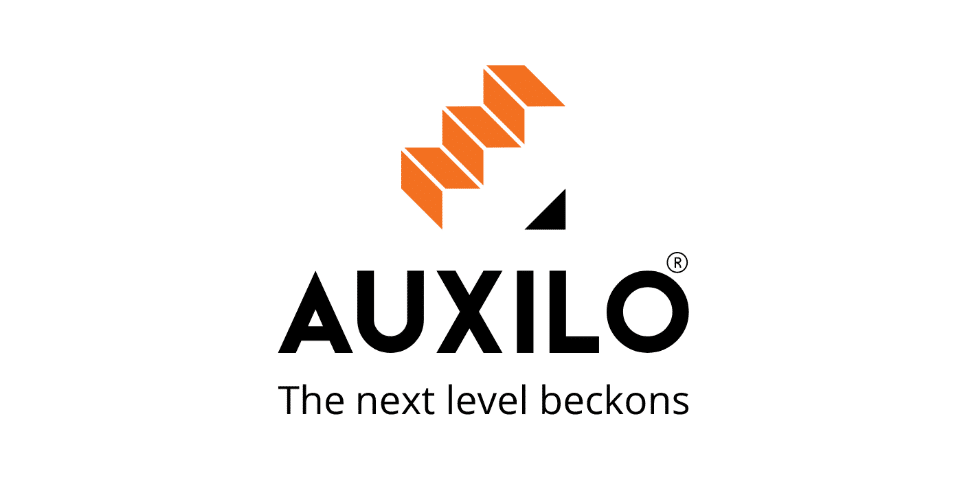Can my order be shipped out on a future date?
If you would like the shipment of your order to be delayed, please choose the desired delivery date on the calendar during the checkout process.
Which programs are most-supported by lenders for an education loan?
Lenders usually prefer courses that generate a wide range of employment opportunities, so there is no trouble in repaying the loan. Science, Technology, Engineering and Mathematics (STEM) and management programs are supported by lenders.
Are non-STEM programs considered by lenders?
Lenders usually prefer courses that generate a wide range of employment opportunities, so there is no trouble in repaying the loan. For non-STEM courses, they check the academic background of the applicant and the financial income of the co-applicant before providing the loan. If the collateral is available, it’s a bonus.
How does a program or university ranking affect an education loan?
All lenders hold a list of approved courses and university rankings, and based on the ranking of the university and the choice, of course, you have chosen, your eligibility for the loan is determined.
How does the program duration affect an education loan?
Many lenders won’t consider funding certificate courses that last less than a year because a student’s course duration is directly linked to their post-study work visa.
Who can I consider to be my co-applicant on loan?
Blood relatives including parents, siblings and maternal/paternal relatives for which proof of relationship can be established are accepted as co-applicants for an education loan.
I do not have co-applicant. Am I eligible for an INR education loan?
It’s not impossible to get an education loan if you don’t have a co-applicant. A few lenders may lend you money, given you have chosen a course and have an admission to a university from their list of approved courses and universities.
My co-applicant is a farmer, am I eligible for an education loan?
You can apply for an education loan, provided your co-applicant can furnish an income certificate issued by relevant authorities, for instance, Form J, Patadhar book.
Which documents do I need to submit for my co-applicant?
Some of the documents required to accept the co-applicants are below:
- KYCs – Aadhar & PAN
- Income proof
- Collateral proof (if applicable)
What types of income proofs are acceptable for my co-applicant?
If you need to be a co-applicant, you need to share income proof like employer salary slips, Form-16 or income tax returns for the last two years, business P&L account and balance sheet and bank statements for the last 6 months.
Can my co-applicant be an NRI?
You can have a co-applicant who is an NRI, but you may be requested to add a non-financial co-applicant who resides in India.
Is there a minimum income eligibility criteria for the co-applicant?
Many lenders want the co-applicant to earn at least INR 30,000 per month to be eligible for an education loan. There is a possibility of deviation from this if the student secures admission to a top university and their projected salary is high
My co-applicant already has an ongoing loan. Are they eligible for another loan?
There is no restriction on an individual being a co-applicant when they already have an existing loan as long as their net disposable income (NDI) and credit score requirements are fulfilled.
Do secured loans have lower interest rates?
Lenders consider secured loans to be less risky, and hence the interest rates are lower for the borrower.
Under what circumstances will I be required to offer collateral for a loan approval?
There are a few reasons why your lender may require you to offer collateral for loan approval. They include:
- If you want a low-interest loan
- If your cosigner is from a high-risk profile (advocate, politician, etc.)
- If your spouse is the cosigner
- If you fail to meet the academic or financial income criteria of lenders
What can be offered as collateral?
There is a list of options that can be offered as collateral for an education loan. They are as follows:
- House
- Commercial property
- Land (it should be demarcated with a boundary)
- Fixed deposit
- LIC (with limited lenders)
Can I use a Fixed Deposit as collateral?
You can definitely use a fixed deposit as collateral for an education loan. You will have to shift the fixed deposit to the bank or NBFC from where your loan is being processed.
Can I use LIC as collateral?
You can use LIC as collateral but only to the extent of the surrender value of the policy or the fully matured amount.
I have a house in my village, can that be considered as a valid collateral?
Lenders accept properties as collateral only when these properties are within municipal limits and are registered under the state’s property laws. Any property that falls under the gram panchayat is not accepted as collateral.
What should be the value of my collateral?
When you apply for an education loan, the value of your collateral should be equal to or larger than the loan amount.
Who assesses the validity of the collateral?
Lenders hire lawyers and valuators to assess the validity of the collateral. The property is approved as collateral only after their report.
How can I access my credit score?
To check your credit score, you can use CIBIL, Experian or Equifax. Third-party applications such as Paisabazaar and Bankbazaar can also be used, but it is usually not recommended as your data may not be private.
What is the minimum eligible credit score?
Having a good credit score will help you get better loan offers, as lenders prefer individuals with a decent credit score. However, a minimum score of 650 is required to be eligible for a loan. If you have a poor CIBIL score, you may get a high rate of interest on your loans, or you may be asked to offer collateral for the loan
Does applying for a loan with multiple lenders impact my credit score?
Applying for a loan with multiple leaders can impact your credit score, especially if your loan is rejected. The impact is less if your loan application is accepted and approved.
How can EduFund help in managing my credit score?
EduFund helps you compare loan offers from different lenders and craft the right loan application for approval.
What is the maximum age limit to be eligible for an educational loan?
The maximum age limit for an education loan is 35 years. Applicants over the age of 35 years can also apply for an education loan if they satisfy certain conditions like pledging a collateral for the loan approval.
Am I eligible to get an education loan for a Certificate Course?
Am I eligible to get an education loan for a Certificate Course?
Am I eligible to get an education loan for a Certificate Course?
Am I eligible to get an education loan for a Certificate Course?
Can I take 2 education loans for the same program / university?
No, an applicant cannot apply for two education loans for the same program.
I already have an Educational Loan in my name, will I be eligible for another loan?
Yes, it is possible to apply for another education loan if your previous education loan was for your undergraduate degree. To apply for the new education loan, the applicant may be required to pre-close the existing education loan, or the loan amount may be reduced by that amount.
How much loan can I avail for my masters abroad?
The loan amount differs based on the lender as well as the applicant’s profile. Private lenders offer up to 1 crore of unsecured loans. For secured loans, you can get 100% of the amount equivalent to your collateral value. The amount should not exceed the cost of education for your university.
Can the loan also cover my living expenses?
Yes, education loans do cover the cost of living and study for the applicant.
What is the minimum loan amount I can avail?
Very few banks set minimum loan amount for their applicants. The loan amount usually depends on the lender and the applicant’s profile. You can choose the amount you wish to avail yourself and apply with the bank that offers you the best interest rate and repayment option.
Can I change my loan amount at a later stage in the process?
Yes, it is possible to change your loan amount later. Be sure to confirm with your bank about the requirements and procedures before signing your loan agreement.
Is a loan with the lowest interest rate really the best loan?
No, lowest interest rate education loans may be attractive but may not be the best loan for your application. As an applicant, it is important to be aware of the hidden charges, the repayment option, the final EMI cost, service, turnaround time and other significant details before signing the agreement.
What are the usual interest rates for collateral loans?
Public banks in India offer between 7.85% to 9.5% whereas private lenders may offer between 9.5% to 11.5%. The interest rate depends on various factors like the loan amount, lender, applicant’s profile, credit history and ability to repay the loan.
How much is the interest rate for non - collateral loans?
The rate of interest for non-collateral education loans is somewhere between 10.5% to 14%.
Does the interest rate fluctuate?
Yes, the interest rate can fluctuate with the exception of 2 lenders. It is important to read all documents associated with your agreement.
How much time will it take to process my loan?
After all the documents have been submitted, unsecured education loans can take up to 3-14 days while secured loans may take longer. Nationalized banks can take over a month to process the loan. It is advised to always apply in advance so that you can get your loan amount on time.
What are EduFund's charges?
There are no charges when it comes to applying with EduFund. All our services are free of cost, and we will help you find the best possible loan with our loan partners.
What is the moratorium period that lenders offer?
Education loan lenders usually offer a moratorium period for the duration of the course + one year to their applicants. During this period, borrowers are not liable to make repayments towards their loan. A moratorium period allows the borrower to repay their loans after their education is completed and they have secured a job. This clause is great for students who have taken an education loan. A full moratorium period is offered by nationalized/public bank while private banks offer partial moratorium, wherein the borrowers are expected to pay partial interest during the course. It is usually a minimal amount of Rs. 2000 to 5000 every month.
What is the loan processing fee that is charged by lenders?
Banks do charge a processing fee. Private banks & NBFCs charge 0.5% to 1.5% of the loan amount as processing fee while international banks charge a processing fee between 2% to 5%.
Who can avail tax exemption on education loans under section 80E?
Tax-paying individuals can claim tax exemption on education loans in India under section 80-E on behalf of their self, spouse, children or as a legal guardian. Individuals can claim benefits on the interest paid. This is applicable for those who are Indian citizens and if the issuing bank is governed by RBI.
For how long can the tax exemption be availed?
The tax deduction under section 80E in India can be claimed for 8 assessment years.
Is it mandatory to take insurance with your education loan?
No, it is not mandatory to take insurance along with your education loan. Most lenders do recommend purchasing an insurance plan to protect you in difficult circumstances.
What type of insurance do I need to pay for with my education loan?
It is not mandatory to purchase insurance to pay for your education loan. However, buying health, travel and education loan insurance is recommended which is a one-time premium insurance. This charge could vary between 1% to 6% of the loan amount. Hence choose your lender wisely.
Do all lenders charge for insurance costs?
Yes, all lenders in India charge insurance costs. It can be either added to your final loan amount or asked as an upfront fee.
Are there any other charges that I need to be aware of?
There are additional charges involved in acquiring an education loan. Charges like processing fees, insurance costs, stamp charges, penalty charges, and foreclosure fees.
Will I have to pay a penalty if I want to close my pre-close my loan?
Foreclosure charges are charged to the applicant if the loan is closed within 6 months from the start date. After completing 6 months, there are no extra or pre-closure charges.
 Save upto ₹80,000 in processing fees*
Save upto ₹80,000 in processing fees*  Unsecured loans up to ₹1CR
Unsecured loans up to ₹1CR  Trusted by 5000+ Students
Trusted by 5000+ Students  FREE Personalised loan consultation
FREE Personalised loan consultation 
